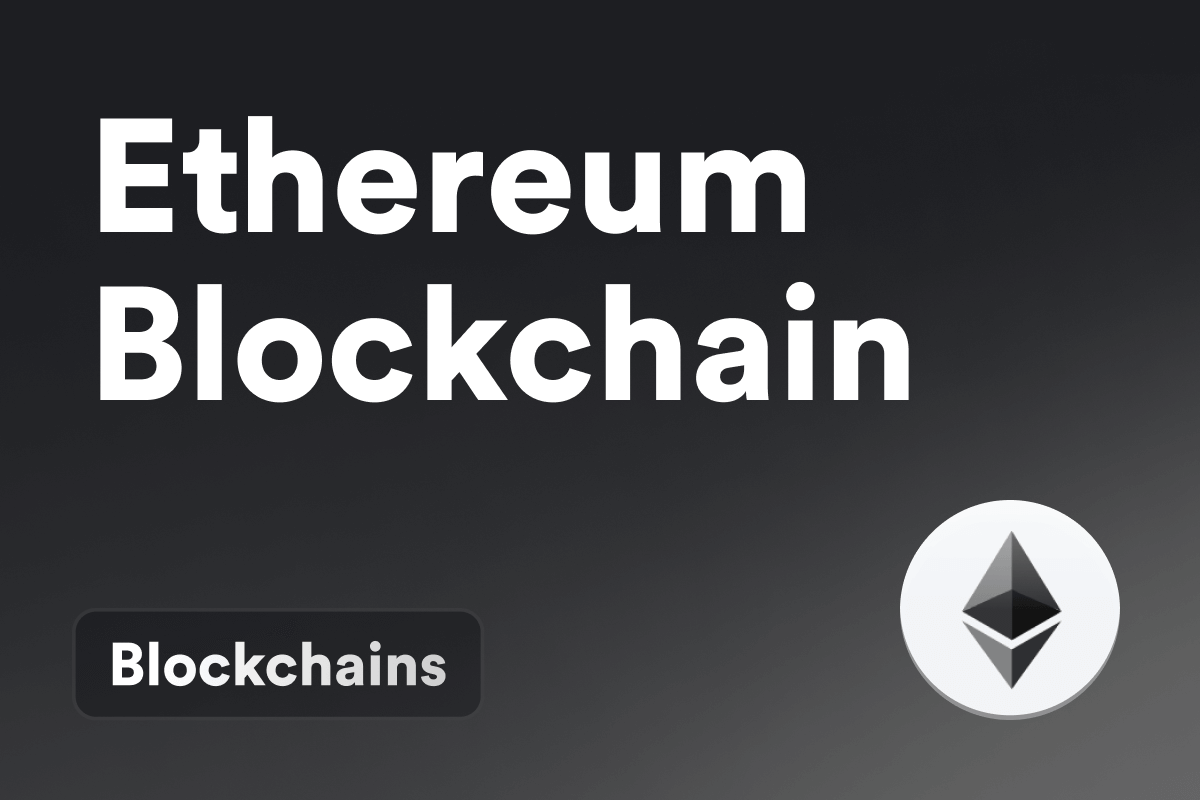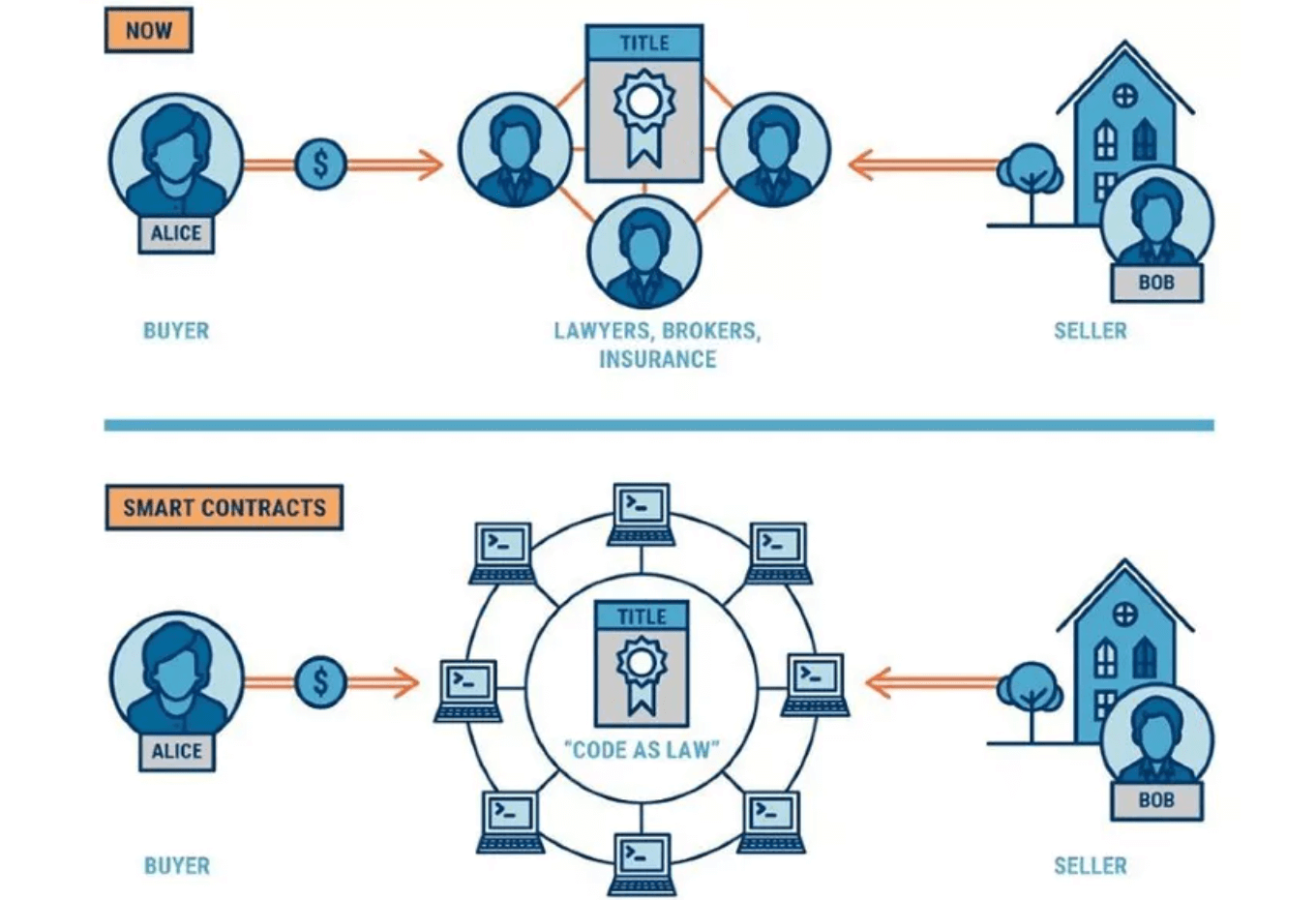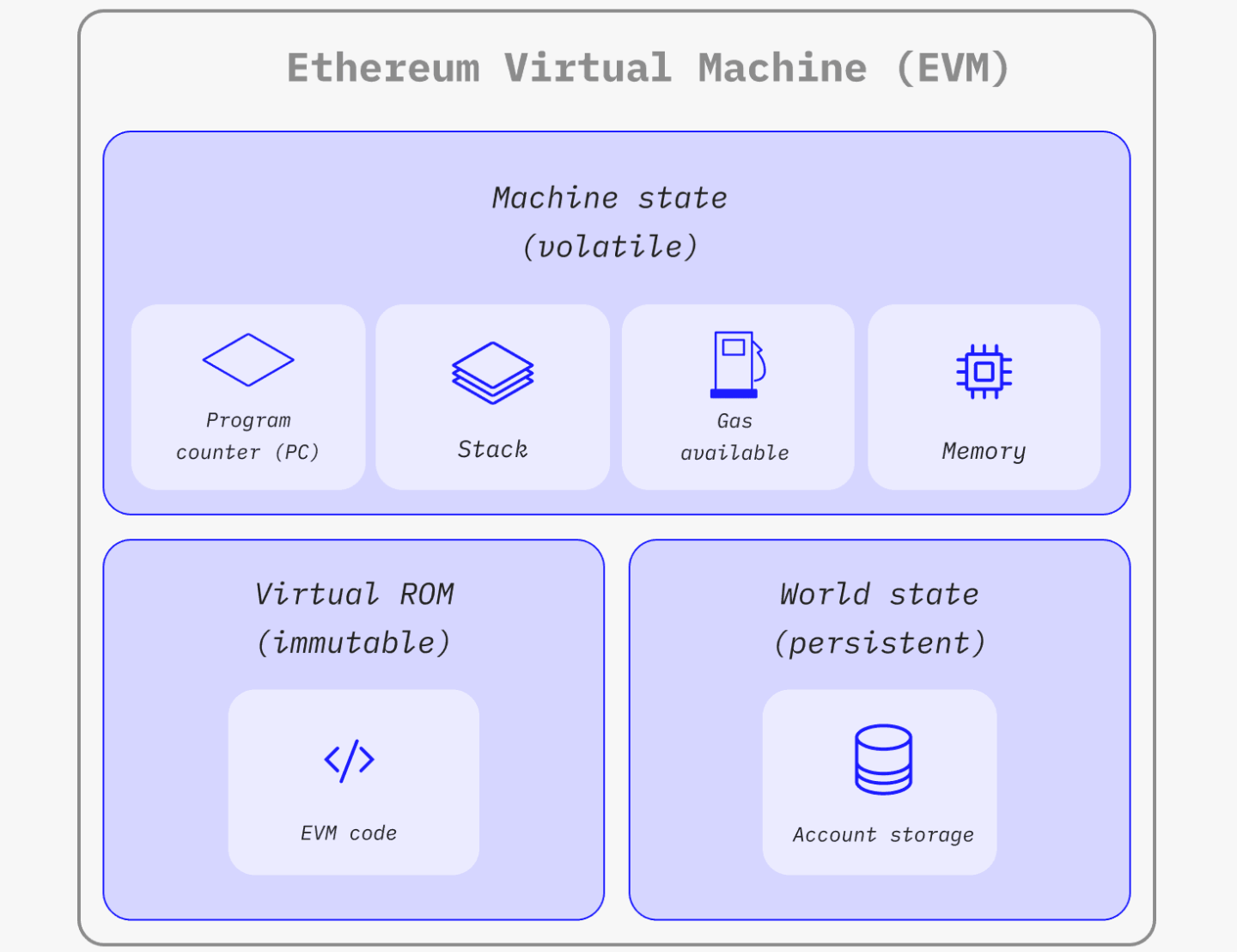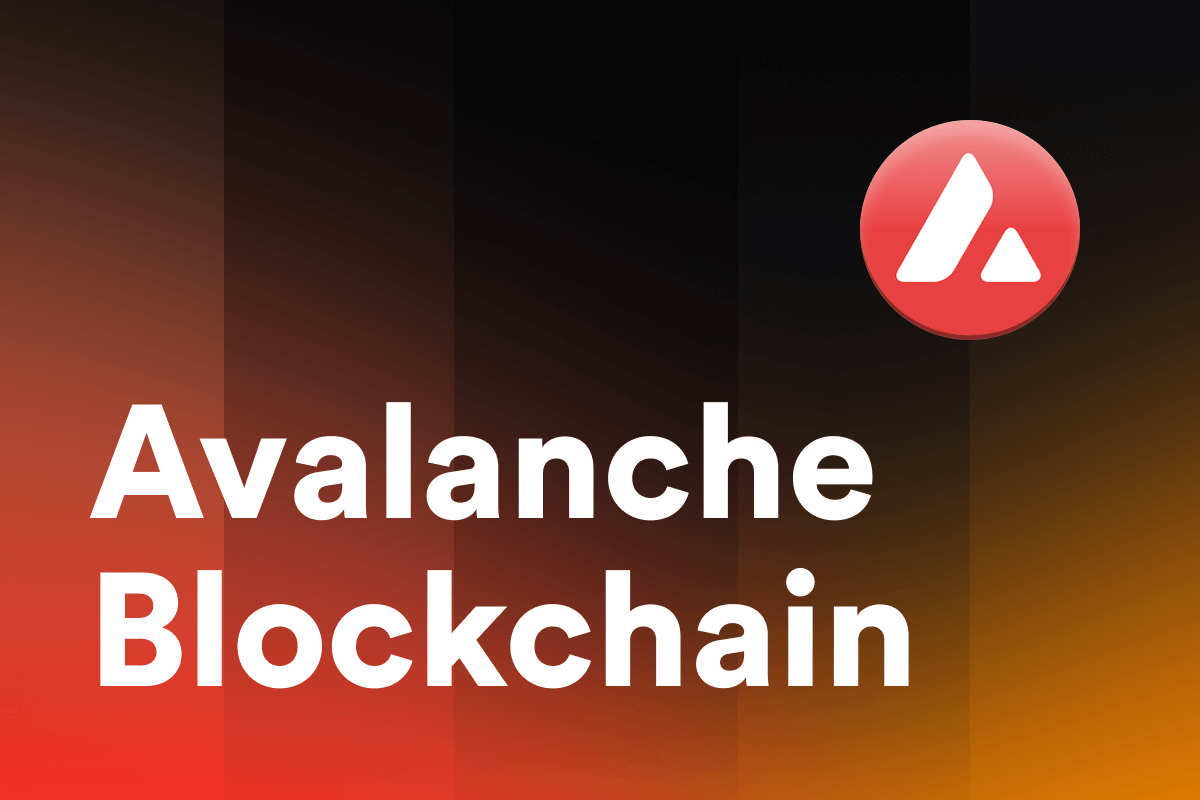
What Is Ethereum Blockchain?
In the vast realm of blockchain technology, Ethereum stands out as a pioneer with its innovative approach to decentralized applications (DApps) and smart contracts. But what sets Ethereum apart from other blockchains? Dive into the intricacies of the Ethereum blockchain to unravel its underlying architecture and distinctive features. From its consensus mechanism to its virtual machine and programming language, Ethereum offers a unique framework for developers and users alike. This article aims to demystify Ethereum’s inner workings, providing insights into its capabilities and potential applications in various industries. Whether you’re a blockchain enthusiast or a curious observer, understanding Ethereum is essential in grasping the future of decentralized technologies.
What Are Smart Contracts
One of the key differences between Ethereum and Bitcoin is the support for smart contracts. Smart contracts are programs that automatically execute agreements and conditions between parties without the need for intermediaries. These programs run on the Ethereum blockchain, a platform that not only facilitates the transfer of digital currencies but also provides capabilities for creating various decentralized applications.
Ethereum uses these smart contracts to automate processes and manage transactions, making it more functional and adaptable to diverse applications compared to Bitcoin, which is primarily used for financial transactions. Smart contracts on Ethereum allow developers to create complex systems such as autonomous organizations, games, markets, and many other decentralized applications, significantly expanding the uses of blockchain technology.
 The use of smart contracts will transform traditional transaction and contract procedures. Source: investopedia.com
The use of smart contracts will transform traditional transaction and contract procedures. Source: investopedia.com
What is Ethereum Virtual Machine (EVM)
The Ethereum Virtual Machine (EVM) is the core technology that powers the operations on the Ethereum blockchain. It is a Turing-complete virtual machine that allows anyone to execute arbitrary EVM Byte Code. All Ethereum nodes run on the EVM to maintain consensus across the blockchain. The decentralized nature of the EVM allows developers to create applications that are executed exactly as programmed without any possibility of downtime, censorship, fraud, or third-party interference. This makes it an ideal platform for deploying smart contracts and building decentralized applications (DApps).
 Ethereum Virtual Machine (EVM). Source: ethereum.org
Ethereum Virtual Machine (EVM). Source: ethereum.org
Ethereum Nodes
The physical machines that maintain the EVM state are known as nodes. These nodes interact with one another to distribute information regarding the EVM state and updates to that state. Additionally, any user can initiate the execution of code by sending a request for code execution from one of these nodes. Collectively, the Ethereum network is composed of all these nodes and the interactions between them.
ETH: Fueling the Ethereum Blockchain
The Ethereum Blockchain is inseparable from its native token, ETH. Ethereum would fundamentally cease to function in its current form if one were to imagine ETH disappearing for even a second: users would be unable to conduct transactions, execute smart contracts, and the entire Ethereum network would be vulnerable to manipulation and hacking.
Tokenomics of ETH
- Circulating Supply: 122,056,395 ETH
- Total Supply: 122,056,395 ETH
The initial distribution of Ethereum (ETH) is as follows:
- 83.33% is allocated to Ethereum Crowdsale
- 16.68% is allocated to Ethereum Foundation, Early Contributors & Others
Uses of ETH
-
Network Fees: ETH is used to pay for network fees when making transfers and executing smart contracts. Although fees on the Ethereum network can be considered relatively expensive compared to newer and more modern blockchains, this does not hinder Ethereum from maintaining its leadership in terms of transaction volume and active users.
-
ERC20 and Other Protocols: You will also need ETH if you want to use other tokens issued on the Ethereum network - ERC20 or on another standard. ETH will be used for ERC20 transactions, and having ETH allows you to easily swap for almost any available ERC20 token. This makes owning ETH essential when dealing with ERC20 tokens.
-
Staking in Proof-of-Stake: Another crucial use case for ETH is staking. This is a vital process for the blockchain as it provides transaction validation and overall stability and security. Users participating in staking receive benefits in the form of certain token rewards. The more ETH you stake, the more you secure the network and the more rewards the blockchain allocates to you for your contribution.
-
NFTs: Ethereum is famous for its wild NFT collections selling for millions of dollars. Do you want to participate in an auction and acquire your favorite NFT? Or perhaps you want to create your own collection? In any case, you will need ETH tokens.
-
Investment: While Ethereum may lag behind Bitcoin in terms of market capitalization, it is still considered an indicator of the entire cryptocurrency market. Therefore, many investors add ETH to their investment portfolios. With the option of staking, this turns into a real passive income from investment.


